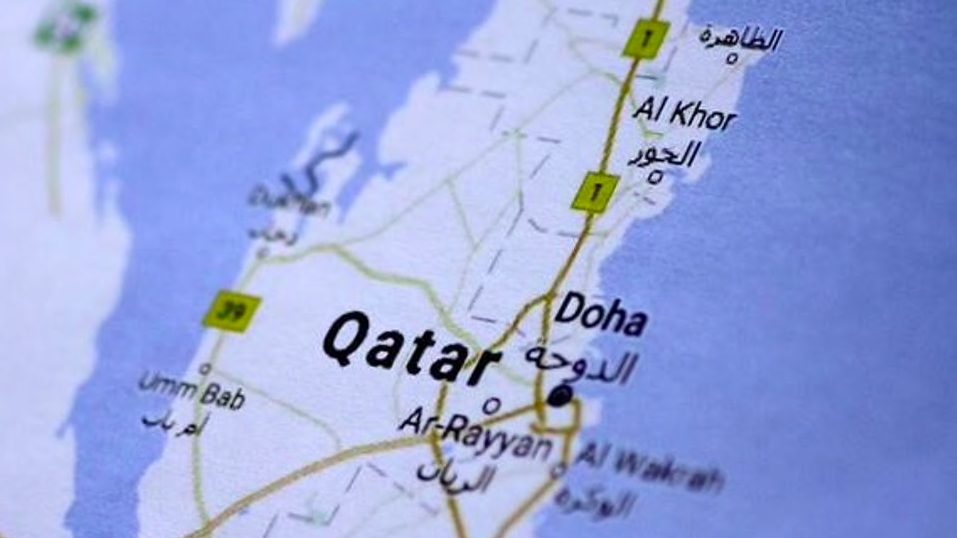- The Qatar Airways website has been blocked in the UAE and all customers of the airline have been asked to rely on the call centers to make changes or get refunds
- Emirates Post Group has suspended all postal service to Qatar from its offices in the UAE; all items yet to be delivered will be returned automatically to the sender, with no possibility of reaching their destination
- Foreigners living in Qatar with residence visas will no longer be eligible for visas on arrival into the UAE
- All Qatar Airways offices in the UAE are now closed – a decision by the UAE General Civil Aviation Authority
- The UAE Minister of Foreign Affairs, Anwar Gargash, released a statement saying: „As Qatar is a neighbour, it should commit to the rules of security and the stability of the Gulf. It has to stop playing the role of the main provider of extremism and terrorism in the region...”. He stressed that members of the terrorist organization Muslim Brotherhood should not have a safe haven in the region
- The UAE general prosecutor, Hamad Saif Al-Shamsi, has warned that showing sympathy for Qatar on social media is a cybercrime, punishable by UAE law; pro-Qatar content could be fined for more than Dhs 500.000 and see between three and 15 years in prison
- Jordan has now joined in, downgrading its numbers of diplomats in Qatar and withdrawing Al Jazeera’s license from the country; Mauritania and the Comoros have cut ties as well and Gabon has expressed condemnation against Qatar.
- Etihad Airways has announced that all travelers holding Qatari passports are now prohibited from even transiting through the UAE
- The UAE airspace and seaports have been completely closed for all Qataris and a total ban was imposed on all Qatari means of transportating coming to or leaving the UAE
- The UAE gave Qatari diplomats 48 hours as of Monday morning to leave the UAE; Qatari residents and visitors in the UAE have 14 days to leave the country for precautionary security reasons
- Saudi Arabia, Egypt, the Maldives and Bahrain have also completely cut diplomatic relations with Qatar
The tangled realpolitik of the Middle East
When one is taking a look at the current situation developing in the Middle East, it might come to no surprise that everything that is unfolding at the moment is not only difficult to explain, but it might also change overnight. After the recent visit of US President Donald J. Trump in Saudi Arabia and Israel, the socio-political landscape in the Arab worlds has almost reached a tipping point that might soon erupt in a massive confrontation between the Shia Muslims and the Sunni Muslims – or better said, between Iran and Saudi Arabia.
As we all know, Saudi Arabia and several other states have decided to cut all diplomatic ties with the small but powerful state of Qatar, accusing the latter of conspiring with several terrorist organisations. The rift between the GCC states began last month after the Qatar News Agency published remarks allegedly made by emir Tamim bin Hamad al-Thani criticising the GCC’s stance against Iran and expressing understanding for Hezbollah and Hamas – both of which are considered terrorist outfits by Saudi Arabia and the UAE. This came as a shock for many, as Qatar is seen as one of the most important allies of the US and the NATO coalition in that region – as a fact of the matter, the biggest CENTCOM forward operating base is hosted by Qatar, with more than 10.000 NATO soldiers being deployed on a regular basis in this small Arab state. Moreover, the diplomatic ties between these states are not the only things that have been completely changed overnight:









